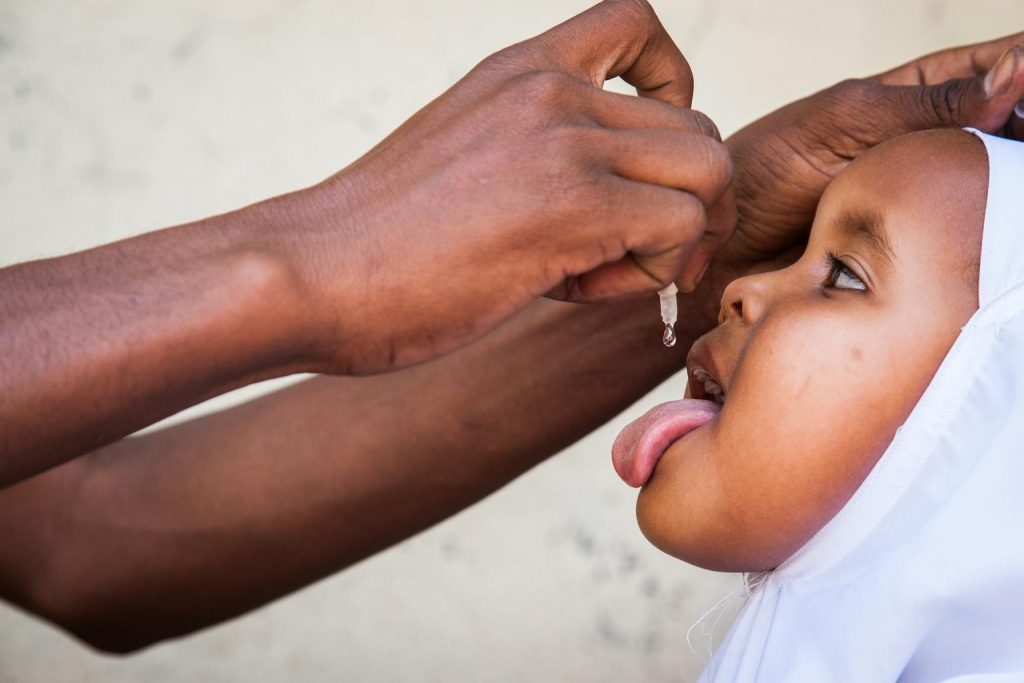As a result of depleted water resources, widespread internal displacement, malnutrition, and inadequate water and sanitation facilities, cholera outbreaks have become recurrent in Somalia and the Somali region of Ethiopia. Health-seeking is particularly challenging in this humanitarian context, with lack of health facilities, a protracted conflict and the availability of a diversity of care-providers shaping the ways Somalis seek care.
The purpose of this guidance note is to support UNICEF staff in understanding the contextual factors (the practices, behaviours, social norms and wider factors) that shape risks of cholera transmission, being able to separate the social and cultural factors from those that are more structural or systemic. This note explores the Somali health system and Somalis treatment- seeking behaviours in general and specifically in the case of cholera.



